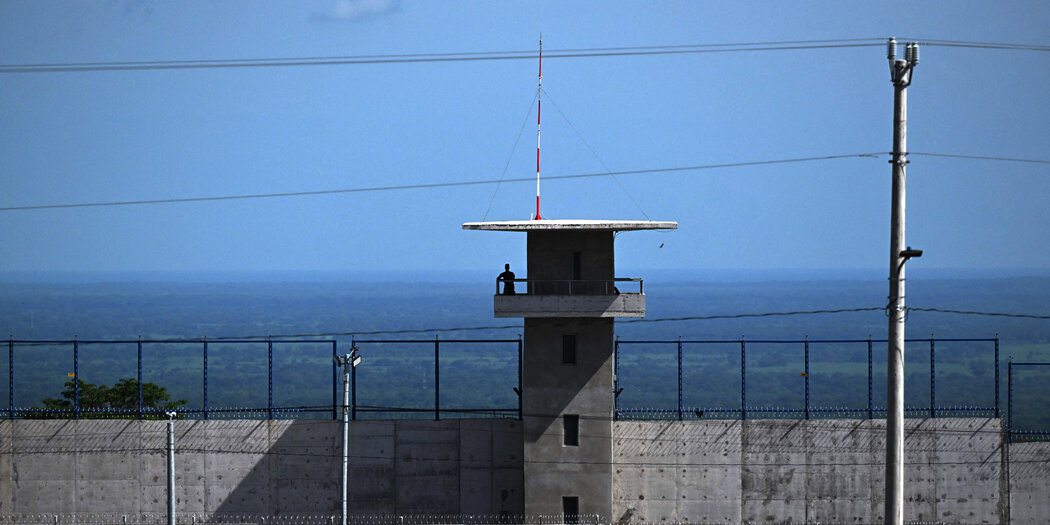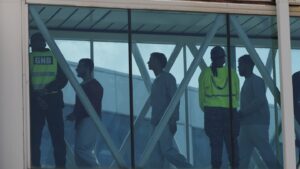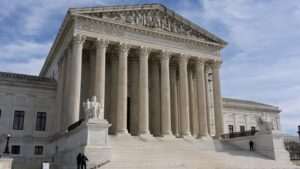Controversy Surrounds U.S. Proposal to Send Convicts to El Salvador
In a surprising move, U.S. Secretary of State Marco Rubio announced during a February visit to El Salvador that President Nayib Bukele had proposed to house “dangerous American criminals” in Salvadoran prisons. This offer was made public in a statement and later confirmed on social media.
The U.S. Department of State released a formal “readout” of the meeting, acknowledging Bukele’s “extraordinary gesture.” Bukele reiterated on social media that El Salvador is “willing to take in only convicted criminals (including convicted U.S. citizens)” in exchange for payment. Elon Musk, head of the Department of Governmental Efficiency Service, endorsed this idea on social media.
However, the proposal has sparked significant opposition. U.S. Senator Jon Ossoff (D-GA) sent a letter to Rubio and U.S. Attorney General Pam Bondi, urging the Trump administration to reject Bukele’s offer. He argued that even considering this proposal “suggests a potential abandonment of core legal and ethical principles.”
Legal Challenges to Sending U.S. Convicts Abroad
President Donald Trump expressed interest in the proposal, stating, “If we had the legal right to do it, I would do it in a heartbeat,” during a conversation with reporters. Rubio, a lawyer by profession, admitted that legal issues exist, acknowledging, “We have a Constitution.”
Expatriating U.S. citizens for crimes is illegal, and citizenship can only be revoked under specific circumstances, such as voluntary relinquishment during wartime. Furthermore, the First Step Act, signed by Trump in 2018, requires that federal prisoners be housed within 500 miles of their primary residence to facilitate family visits and reintegration. El Salvador’s prisons are far beyond this distance.
Constitutional and Human Rights Concerns
Relocating American prisoners to El Salvador would likely violate the Eighth Amendment, which prohibits “cruel and unusual punishments.” The U.S. Supreme Court has established standards for what constitutes acceptable punishment, emphasizing the “dignity of man” and prohibiting “deliberate indifference” to prisoners’ needs.
The Center for the Confinement of Terrorism (CECOT) in El Salvador, a 40,000-capacity facility, is known for harsh conditions, including no visitations or rehabilitative programs. Human rights reports indicate severe deficiencies, including lack of food and basic rights—a concern raised by Senator Ossoff in his letter.
As of January 2024, El Salvador had the highest incarceration rate globally. The U.S. Department of State warns travelers about the “State of Exception” in the country, which has led to numerous human rights violations.
Potential Implications of the Proposal
While the Trump administration’s next steps remain unclear, moving forward with this plan could breach U.S. law and constitutional protections. Legal experts and human rights advocates continue to monitor the situation, as any genuine attempt to transfer U.S. convicts to El Salvador would likely face significant legal challenges.
This article originally appeared in Just Security.






